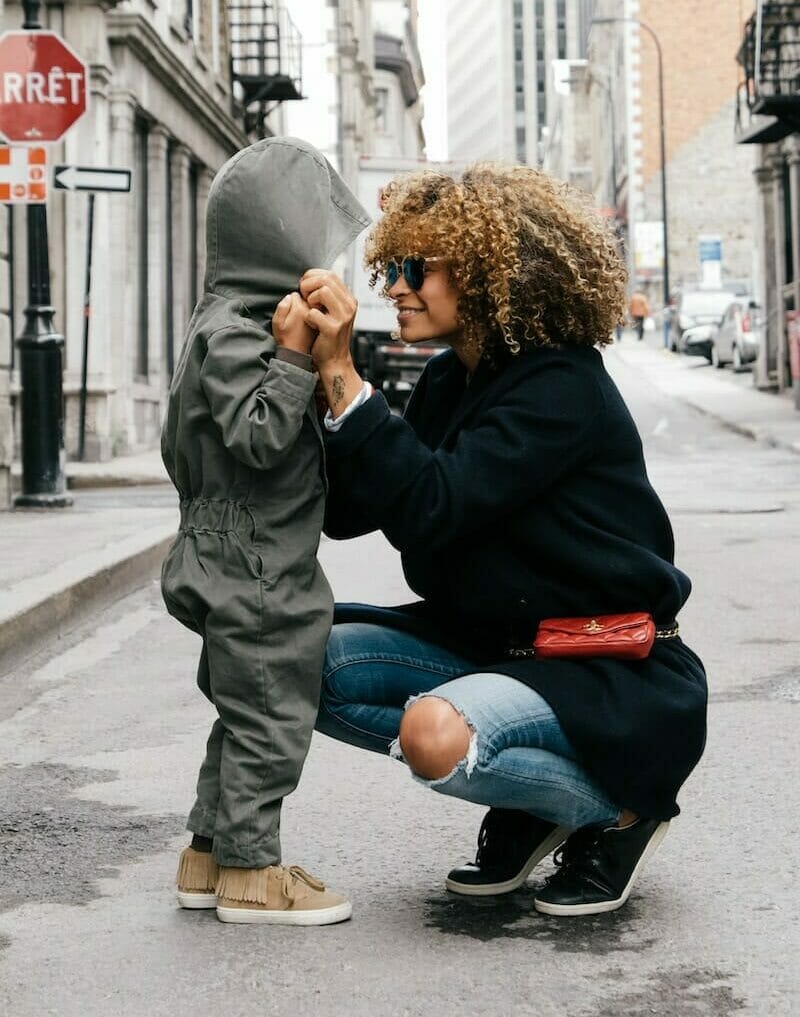I grew up in a little farmhouse, outside a small midwestern town. Being the seventh of eight children, one would think that, in spite of being 10 miles/16km from town, perhaps my socialization did not suffer so much. After all, I was surrounded by seven siblings. Right? … Wrong!
The eldest five were born one after another, and then there was a four year pause until the sixth was born, followed by a five year pause before I was born, and then finally another four year pause before the youngest. This meant that by the time I was old enough to remember anything, the five eldest had either left home or would soon do so. This left the last three of us, each 4-5 years apart, to grow up together. With such an age difference, we didn’t have much in common, and so it was like growing up as an only child.
It was much later in life that I understood the effects of those early childhood experiences. They had a profound impact on the way I perceived my own worth to others and how I interacted with the world at large. You see, the five older siblings just left home to either join the military or get married. They just left and I don’t remember anyone ever saying goodbye to me. They just disappeared and began living their lives. They had children and, even when my siblings did visit, they ignored me and felt more like uncles than brothers. My nephews and nieces were closer to my age, and so I was left to play with them instead.
In essence, I felt invisible to my family. My parents were abusive and I don’t every remember a touch from them that was not intermediated by a stick or a belt. So, even though I was not invisible to my parents, I kind of wish I had been. At least that would have spared me the beatings.
When I finally entered school, I was a loner. Being a cross-eyed little kid made me the object of ridicule rather than friendship.
After I grew up and got married, I too disappeared from the closest thing I had to friends, as I moved from place to place. I moved around a lot (8 different states and 1 other country). Each time I moved, I never bothered telling anyone I was moving. We just packed up and moved. It wasn’t that I didn’t care about my friends, but I was conditioned to think no one really cared if I was there or not. I felt their smiles and politeness was more just obligatory gestures with no real caring behind them.
I assumed, although this was not a deliberate thought process at the time, that just like my elder siblings, I would also just disappear without saying goodbye. It seemed like an unncessary formality. After all, my siblings eventually returned, and I would also maybe return to them … someday, and assume I could just pick up where we left off. I could just show up, say “hi”, and carry on as if I had only been gone a day. It never occurred to me that they would be mad at me for just leaving without notice, and no longer consider me a friend. After all, I didn’t get mad at my siblings for leaving without a word; I just assumed this was how life was and how people behaved. I knew nothing else.
Sometimes, what we are conditioned to believe is normal really isn’t, and it impacts relationships and your perception of your own self-worth and importance to others. I went through life feeling relationships were really all superficial and no one really cared if I was there or not.
I remember during my time spent in Zen, they talked about leaving no trace, or the man that casts no shadow or leaves no footprints in the snow. I remember aspiring to that, thinking, “What an enlightened way to live!” I didn’t realize until recently that I had already been living my entire life this way, leaving no footprints so anyone could find or remember me. I had always been a cipher in the snow. I never really had any meaningful ties to others. I knew we would all just walk away from each other, eventually, and be forgotten to one another.





Leave a Reply